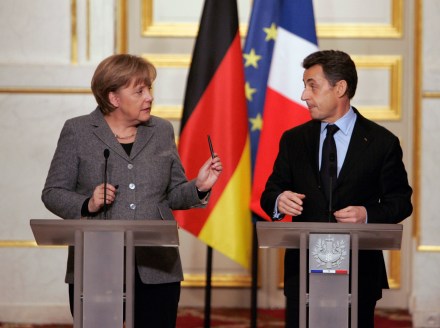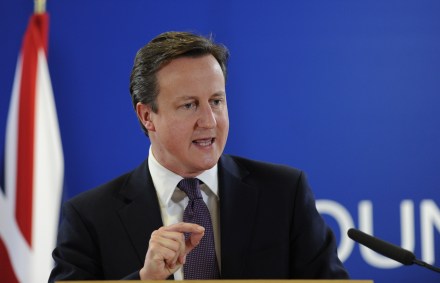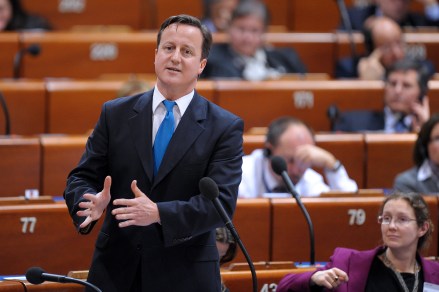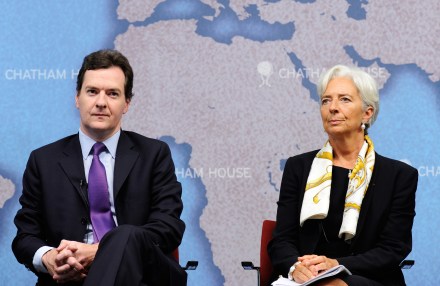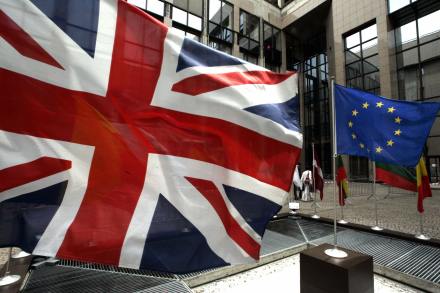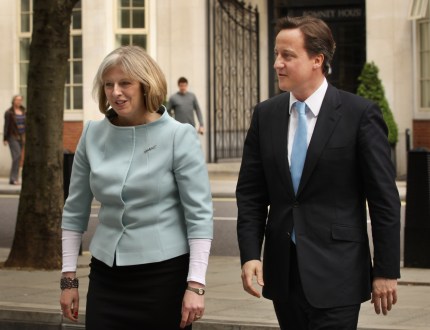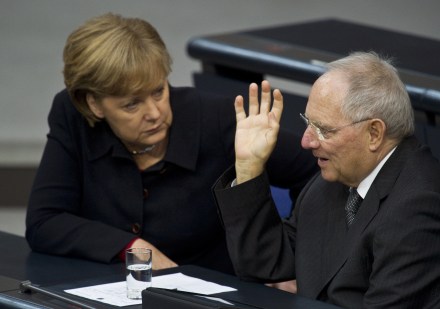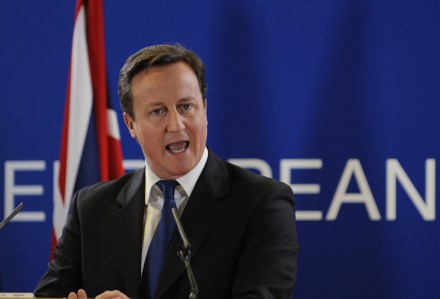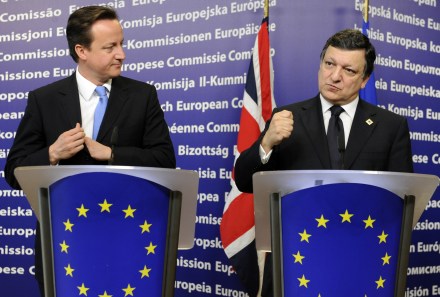Europe is being strangled by the Franco-German alliance
David Cameron’s complaints at last night’s EU meeting about the lack of a growth agenda have, in part, been addressed by the new draft conclusions. Cameron — who was supported by the Dutch, Italians and Spanish — seems to have secured promises on the completion of the single market, deregulation and the services directive in the summit’s draft conclusions. This isn’t going to turn around the European economy. But it is a step in the right direction and a small, but possibly significant, victory for the PM. I understand from sources in Brussels that there has been frustration with the extent to which the conclusions presented last night simply
